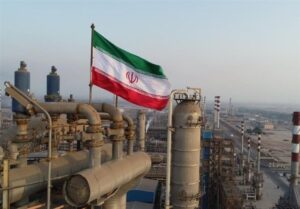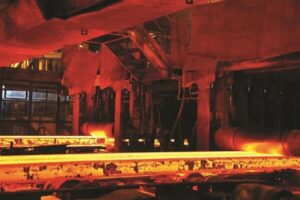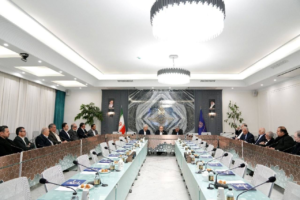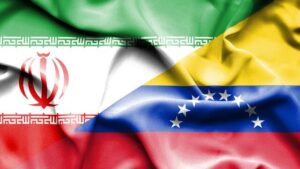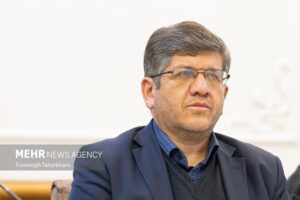By producing 70 types of radiopharmaceuticals and meeting the needs of more than 6,500 nuclear medicine centers, Iran has registered its name as one of the top three countries in the world in this industry.
One of the most challenging stages in the fight against cancer is its early detection. In the early stages of tumor formation, tissues appear completely normal and major changes occur at the level of cellular metabolism that are not detected by conventional diagnostic methods such as ultrasound and radiography, which only examine the shape and size of the tissues.
In this regard, nuclear imaging technologies, including nuclear medicine, play leading role, so that a very small amount of a radioactive substance (radioisotope) is injected into the body.
This material allows imaging devices to monitor cell activity with great precision. This capability allows for early detection of tumors, even at very early stages, and identification of hidden metastases, which can be done much earlier than methods such as Magnetic Resonance Imaging (MRI) or CT scan.
Nuclear technology is not limited to diagnosis, rather, it offers innovative solutions for treatment. Traditional radiotherapy, which delivers radiation from outside the tumor, is a well-known method, but it is often associated with damage to healthy tissues surrounding the tumor.

